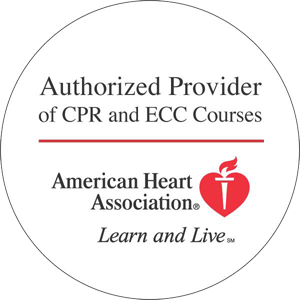
Heart attacks are a serious health concern, and they can be life-threatening if not treated quickly. Unfortunately, many women may not realize that they’re having a heart attack because the symptoms can be different from those typically associated with heart attacks in men. Here are four silent heart attack symptoms that women should be aware of:
Chest Pain
Chest pain is the most common symptom of a heart attack in both men and women. However, women may experience chest pain differently, such as a tightness or pressure in the chest instead of a crushing pain. This can make it more difficult to recognize the symptom as a sign of a heart attack.
Shortness of Breath
Shortness of breath is another common symptom of a heart attack in women. This can feel like you can’t catch your breath, or it may feel like you’re out of breath for no reason.
Fatigue
Women who experience a heart attack may feel fatigued, especially if they’re not getting enough sleep. Fatigue can make it difficult to carry out daily activities and can be a sign of an underlying health problem.
Nausea or Indigestion
Nausea or indigestion can be symptoms of a heart attack in women. This can feel like an upset stomach, and it may be accompanied by a feeling of fullness or bloating.
Learn More
Fast action can save lives. It’s a good idea to know what to do if someone experiences a heart attack or cardiac arrest. HeartCert offers CPR and First Aid classes for all skill sets and levels of experience. Whether you are an experienced Healthcare Professional or a new parent just wanting to learn ‘the basics’, we have a class for you! We can teach a convenient one-on-one CPR or first aid training session, or we can certify a large group on-site depending on your needs. Visit our Homepage to get started.
HeartCert CPR is your trusted training partner for CPR, ACLS, PALS, EMR, First Aid, CNA, IV, EKG and more.
HeartCert CPR courses include CPR/AED/First Aid, Basic Life Support (BLS), Advanced Cardiac Life Support (ACLS), Pediatric Advanced Life Support (PALS), Certified Nursing Assistant training, IV training, EKG training, babysitter basics and more. Courses and certifications from both the American Heart Association and American Red Cross are available.
We are now offering virtual CPR courses and certifications. We offer safe in-person courses at all HeartCert locations throughout the United States, including our headquarters, HeartCert CPR Eagan.This is an updated blog post that was originally published in 2019.








